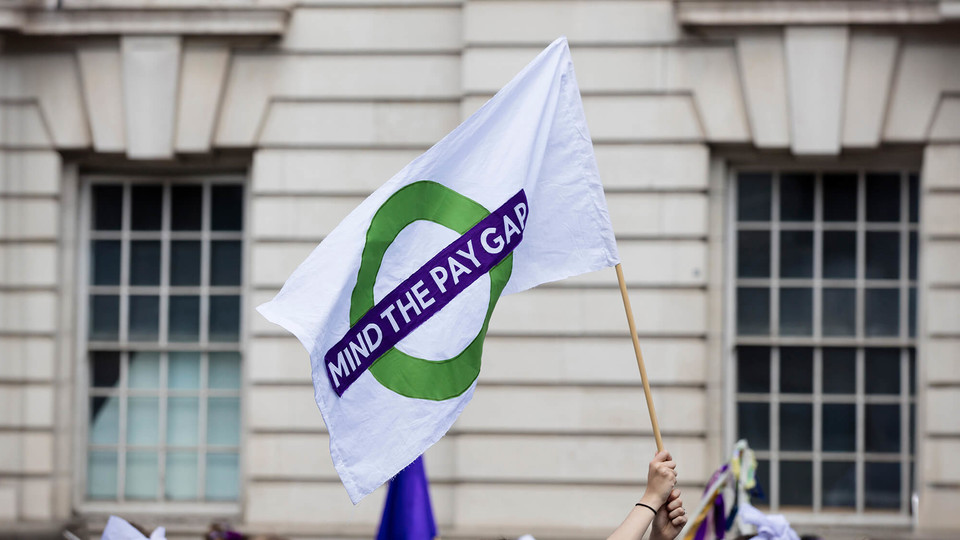
Tree Of Life
Why You Should Savor What Might Have Been
Based on research by Otilia Obodaru (former Rice Business professor)
Why You Should Savor What Might Have Been
- The array of career options in 21st century America often leaves us “tyrannized by freedom.”
- As a result, we often cling to identities we didn’t choose — especially when we’re unfulfilled in some aspect of our work.
- These alternate identities can actually be useful, when we fold elements of them into our current lives, or savor them in our imaginations.
Poet Sylvia Plath once compared her seemingly limitless life choices to the boughs of a fig tree. “From the tip of every branch, like a fat purple fig, a wonderful future beckoned and winked,” she wrote in The Bell Jar. “One fig was a husband and a happy home and children, and another fig was a famous poet and another fig was a brilliant professor… I saw myself sitting in the crotch of this fig tree, starving to death, just because I couldn't make up my mind which of the figs I would choose. I wanted each and every one of them, but choosing one meant losing all the rest…”
We’ve all had to choose one fig over the others at some point. But the fruits not chosen may not be lost forever. They actually remain a part of our self-concepts, often with as much importance as the roles we play in real life, according to former Rice Business professor Otilia Obodaru, now a professor at the University of Bath.
The fig trees of contemporary life are especially dense, Obodaru notes in a recent paper. Never before have so many been so free to choose a public self — and discard any number of others. So what’s the best way to manage these unlived identities? Forget them? Keep pondering them?
Obodaru, who studies professional self-concepts and alternate identities, found that we typically cling to forgone identities when they’re linked to unfulfilled values. If a core goal or value has been met, the desire for the lost identity often vanishes.
According to classic theories of identity development, committing to one identity and forgetting alternatives is a requirement for a well-adjusted adulthood. Management studies use a similar lens, focusing on the professional identities people actually hold rather than those they’ve passed up.
But as early as the 1950s, studies asking what people wished they’d done differently in life found that 40 percent thought frequently about the person they might have been. That percentage has risen steadily, to 70 percent in the 1980s, 90 percent in the 1990s and virtually 100 percent in the 2000s. For some people, Obodaru writes, these forgone identities grow so powerful that they essentially become alternative selves.
In a study of the forgone professional identities of 380 people of various ages, occupations and nationalities, Obodaru found that these shadow selves were much more important in inner lives than commonly thought. Looking only at the roles we play in reality, she argues, obscures the complexity and malleability with which each of us creates a sense of self.
But what are these alternate selves up to, exactly — and what keeps them going? Obodaru identifies three main ways we maintain identities that apparently have slipped away. One approach is “real enactment”: someone who dreamed of being a musician may nevertheless nurture music – and thus her alternate self — in her work or personal life.
Another method is “imaginary enactment.” Think of a woman who daydreams about being a pop star. She’s not necessarily wasting her time, Obodaru found. Instead, her imaginings may add a critical, and joyful, element to her sense of self.
Finally, there’s “vicarious enactment”: living a life we long for through someone else, whether a high school friend who really did become a pop star or our child in her star turn as a Pilgrim in the Thanksgiving play.
What we do and who we think we are, of course, are closely twined. But, Obodaru argues, it’s time for the workplace to expand this formula to also include the selves that are less visible. For managers in particular, understanding an employee’s unfulfilled values can help to chart a career path that will keep her energized and productive.
This is especially important in a culture that promotes the notion of complete fulfillment in one job. Given that “fear of missing out,” or FOMO, was recently listed in the Oxford English Dictionary, it’s clear that alternate selves are no longer just a problem of prodigies such as Plath. Regardless of which fig you’ve chosen, however, Obodaru argues that it’s not just possible, but useful, to take nourishment from a bounty of other, alternative fruits.
Otilia Obodaru is a former assistant professor of management at Jones Graduate School of Business at Rice University. Now she is a professor of management at the University of Bath.
To learn more, please see: Obodaru, O. (2017). Forgone but not forgotten: Towards a theory of forgone professional identities, Academy of Management Journal, 60(2), 523-553.
Never Miss A Story


